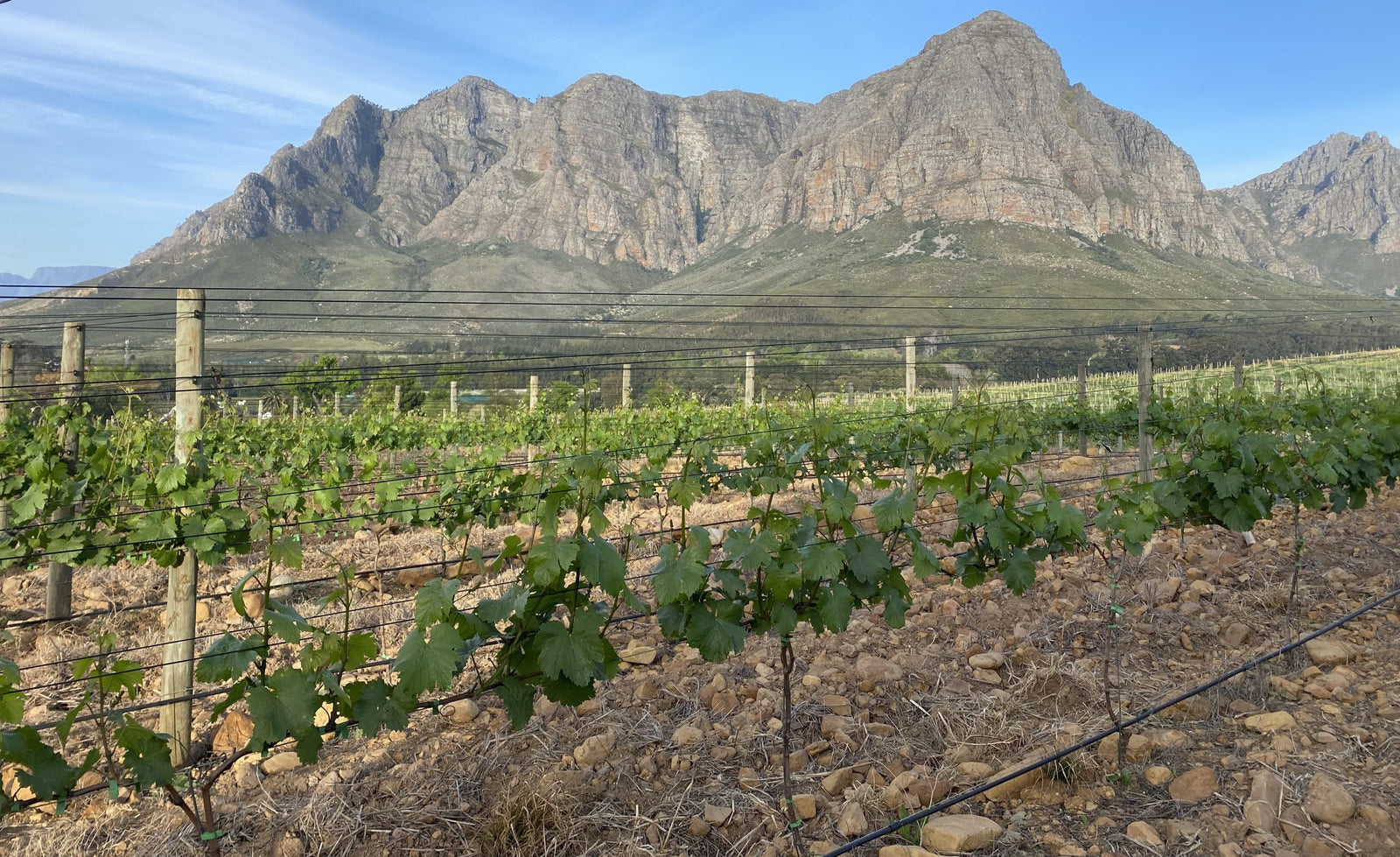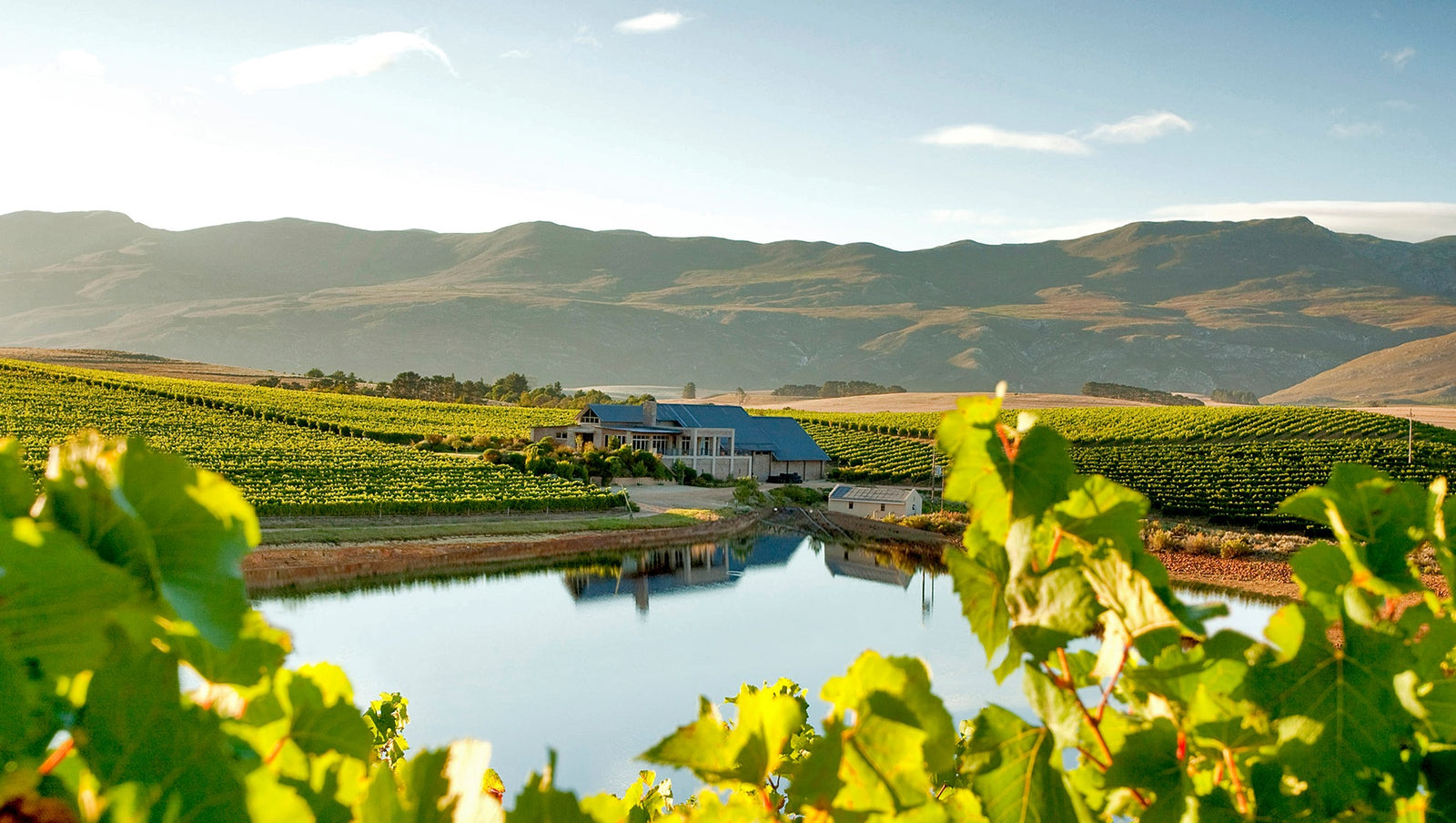Wine lovers everywhere are often intrigued by the rich and complex flavours found in a bottle of wine. From the Old World to the New, there is an incredible variety of wines available, each with its own unique story and character.
The South African wine industry has a rich cultural history and a long winemaking tradition dating back to the 17th century, which continues to evolve and play an important role in the country’s economy and cultural heritage. The industry has a strong focus on quality grape growing and wine production backed by sustainability and ethical practices, and many wineries are taking steps to minimize their environmental impact and ensure the welfare of their employees. Unfortunately, despite constantly achieving these “best-practice” standards, South African wines are often overlooked and misunderstood, with many sceptics regarding them as inferior to other wines from around the world. ( South African wines have been competing and winning on the world stage for the last 10 years. To read more on these awards and accolades click here.) Some of the main reasons for the wines being overlooked include:
Branding by association:
Some people may have had a negative experience with a subpar bottle of South African wine, leading them to believe that all South African wines are not up to par. However, this holds true for any bottle of wine from any producer located anywhere in the world and is more likely related to a fault with that specific bottle. Professional importers understand the importance of only importing high quality wines that will create interest and build a following. Furthermore, these importers generally ship wines into Australia with the proper equipment that will protect the wines and avoid spoilage. So, if you fall into this category, we urge you to get back on the horse and continue to explore further.
Lack of knowledge:
The limited exposure for South African Wine in international wine competitions and events is also a contributor to limited knowledge and understanding of the industry. As opposed to other markets like the UK, Europe and Hong Kong for example, many Australian wine consumers are simply unfamiliar with the country’s winemaking traditions, leading to a general lack of knowledge and understanding.

International wine competition – Global Fine Wine Challenge
Limited availability:
One of the main reasons for scepticism until recently was due to the limited availability of South African wines in the local market. The Australian market has had a start-stop relationship with South African wines being imported into the country over the past 20 years. However, the past 5 years have seen this problem addressed.

Renowned South African Wines in the Cape Wine makers Guild
If you’re one of these sceptics, it’s time to reconsider your stance on South African wines. Here are a few considerations to help you understand why South African winesare worth trying and why they deserve to be considered among the best wines in the world. South African wines have been competing and winning on the world stage for the last 10 years. To read more on these awards and accolades click here.
- Rich Winemaking Heritage
South Africa has a rich winemaking history that dates back to the 17th century, with the country’s first vineyards being established by Dutch settlers. Over the centuries, South African winemakers have developed a unique winemaking style that incorporates traditional methods with modern techniques. This combination has resulted in some truly exceptional wines, including some of the world’s most sought-after red and white blends – and let’s not forget about the sweet wines of Klein Constantia Vin de Constance being served and enjoyed by Napoleon, Louis XVI, Marie Antoinette, the King & Queen of England, George Washington, Thomas Jefferson, Charles Dickens and Nelson Mandela… to name but a few

1995 Estate Pinotage produced by Kanonkop Wine Estate
2. Diverse Microclimates
South Africa is home to a diverse range of microclimates, which allows for the cultivation of a wide range of grape varieties. From the hot, dry climate of the Western Capeto the cool, misty climate of the Overberg region, the country’s microclimates provide the perfect conditions for growing a variety of grapes, including Shiraz, Cabernet Sauvignon, Chenin Blanc, Chardonnay and Sauvignon Blanc… to rival the best of Marlborough and the Loire Valley.
3. Sustainability and Environmental Stewardship
Many South African wineries are committed to sustainable winemaking practices, which not only benefits the environment but also results in higher-quality wines. These practices include using environmentally friendly methods for controlling pests, using water-saving techniques, and minimizing the use of synthetic chemicals. By using sustainable methods, South African winemakers are able to produce wines that are not only delicious but also good for the planet.

Sustainably and Integrity seal means that the wine has been produced sustainably, in an earth-friendly manner.
4. Exceptional Quality
With a focus on quality and a commitment to sustainability, it’s no surprise that South African wines are among the best in the world. From crisp, refreshing whites to bold, full-bodied reds, South African wines offer a range of flavours and styles to suit every taste. Whether you prefer a light, fruity wine or a full-bodied, complex red, you’re sure to find a South African wine that meets your needs.

Renowned Kanonkop Paul Sauer produced by Kanonkop Wine Estate
5. Affordable Prices
Despite their exceptional quality, South African wines are often more affordable than comparable wines from other countries. This means that wine lovers can enjoy high-quality wines without breaking the bank. Whether you’re looking for a special occasion wine or a daily drinker, you’re sure to find a South African wine that fits your budget.
So, what can you do to change your opinion about South African wines? Here are a few suggestions:
- Try South African wines for yourself
The best way to change your opinion about South African wines is to try them for yourself. Whether you visit a wine bar, attend a wine tasting, or simply purchase a bottle from your local wine shop, be open to the unique flavours and styles that South African wines have to offer. Why not expand your horizons and venture into a bottle of Pinotage – South Africa’s unique variety. If you would like to learn more about South African Pinotage, click here.
- Learn about South African winemaking
To fully appreciate the quality of South African wines, it’s important to understand the winemaking traditions and techniques that go into producing them. Read up on the history of South African winemaking, learn about the different regions and microclimates, and discover the different grape varieties that are grown by some of the best young winemakers in the world.
Scepticism of South African wines is unwarranted and largely based on misunderstandings. The country’s wine industry is thriving, with a rich history and talented winemakers producing a wide range of exceptional wines. So, the next time you see a bottle of South African wine, give it a try and experience the exceptional quality for yourself!

Range of South African Wines




